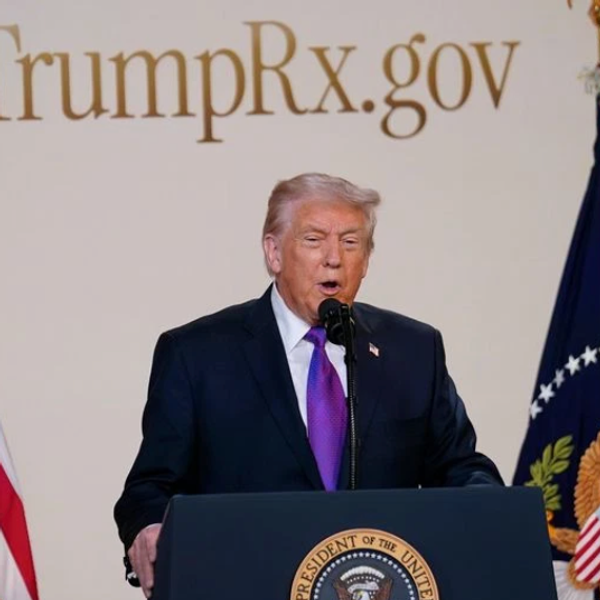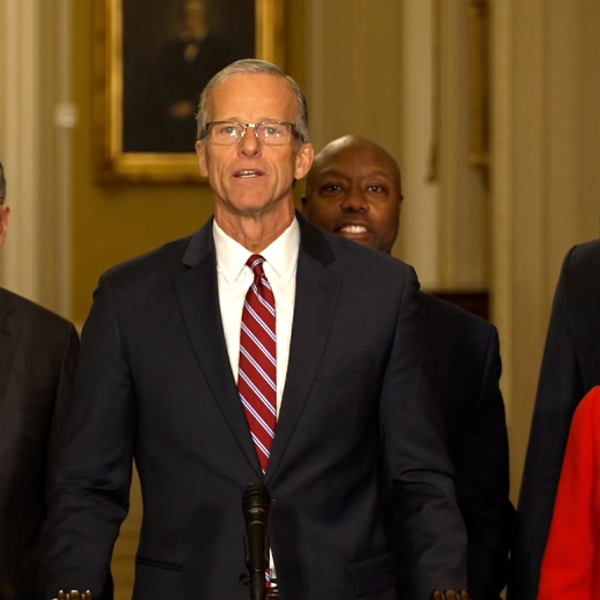
By Curtis Tate, McClatchy Washington Bureau
WASHINGTON — California’s technology sector has booted up a bigger presence in politics in recent years, a shift for an industry that began on the outside but is fast becoming an inside player.
Silicon Valley still has some catching up to do. Tech firms are still not as big a force as Wall Street banks or health care companies. But unlike many sectors that are cutting back on such efforts, Big Tech is expanding its participation in politics, whether that’s support for particular candidates or lobbying on issues important to the industry.
“They’re no longer the little guys trying to make it,” said Paul Goodman, an attorney with the Greenlining Institute, a social justice advocacy organization in Berkeley, Calif.
California-based companies such as Apple, Google, Yahoo, and Facebook have long grown out of the dorm rooms and garages where they were founded and have since become powerful corporations with policy priorities.
“They understand how the political game in D.C. is played,” said Dave Levinthal, who tracks tech sector politics and lobbying for the Center for Public Integrity, a nonpartisan investigative research group in Washington, “and they’re playing it at a high level.”
Not surprisingly, though, technology companies are accustomed to changing at a faster pace than the way usual Washington usually operates.
“There’s deep disappointment that Washington, D.C., doesn’t run at the same speed as business,” said Steve Wright, a senior vice president at the San Jose-based Silicon Valley Leadership Group, which has 400 member companies.
The industry has four basic priorities, Wright said: Immigration reform, corporate tax reform, cyber security, and net neutrality. Government surveillance, as revealed by the Edward Snowden-NSA scandal is also a concern, given the industry’s international footprint.
Though the tech sector has a left-leaning reputation, the industry has been more pretty even-handed in its political contributions. The same sector that’s been a staunch supporter of Rep. Nancy Pelosi, the House Democratic leader and a San Francisco liberal, is also a big backer of Rep. Kevin McCarthy, a Bakersfield conservative who recently ascended to House majority leader.
Excluding presidential candidates, since 2001, the technology sector has given a total of $365 million to Democrats and $312 million to Republicans, according to an analysis of campaign data by MapLight, a nonpartisan organization that tracks money’s influence on politics.
“The bottom line for them is their bottom line,” Levinthal said. “They want someone, first and foremost, who’s an advocate for their issues.”
Case in point: President Barack Obama.
The success of Obama’s first presidential campaign was due, in no small part, to his early backing in 2007 by Silicon Valley. He is by far the biggest benefactor of tech sector money than any other current officeholder, according to the MapLight analysis.
MapLight showed that Obama has received more than $16.5 million from technology companies, their employees, and political action committees since 2004.
The next four officeholders who ran, unsuccessfully, for president, in the same time frame only collected half of Obama’s haul, including Secretary of State John Kerry; former Sen. Hillary Clinton (D-NY); Sen. John McCain (R-AZ); and former Rep. Ron Paul (R-TX).
Silicon Valley has some Ayn Rand fans, as well. Paul, a libertarian who mounted multiple bids for the presidency, collected more than $1.4 million from tech sector donors.
“The industry is known for liking iconoclasts,” said Sarah Bryner, research director for the Center for Responsive Politics, a nonpartisan group that compiles data on campaign spending and lobbying.
According to the group’s numbers, six of the top 10 biggest spenders on lobbying for tech sector interests in 2013 were California-based companies: Google, Oracle, Hewlett-Packard, Facebook, Intel, and Apple. Goodman said they are building a presence in Washington for a reason.
“They don’t do anything without a long-term goal in mind,” he said. “They’re thinking very far ahead.”
Take immigration. Technology companies have been clamoring for a comprehensive immigration bill to increase the number of work visas for the foreign-born talent they need, but have been frustrated by Washington gridlock.
The recent surprise primary upset of former House Majority Leader Eric Cantor (R-VA), was considered by some observers to be a blow to those efforts. His successor, McCarthy, was thought to be less receptive to tech-favored legislation.
Not so, according to Wright, of the Silicon Valley Leadership Group.
He said that McCarthy held a conference call last week with several tech industry CEOs. Though he hails from the agriculture-dominated Central Valley, the new House majority leader has become a frequent visitor to Silicon Valley. Wright said McCarthy sends other Republican lawmakers there, as well, to hear the industry’s perspective.
“He clearly gets it,” Wright said.
AFP Photo/Kimihiro Hoshino
Interested in U.S. politics? Sign up for our daily email newsletter!








